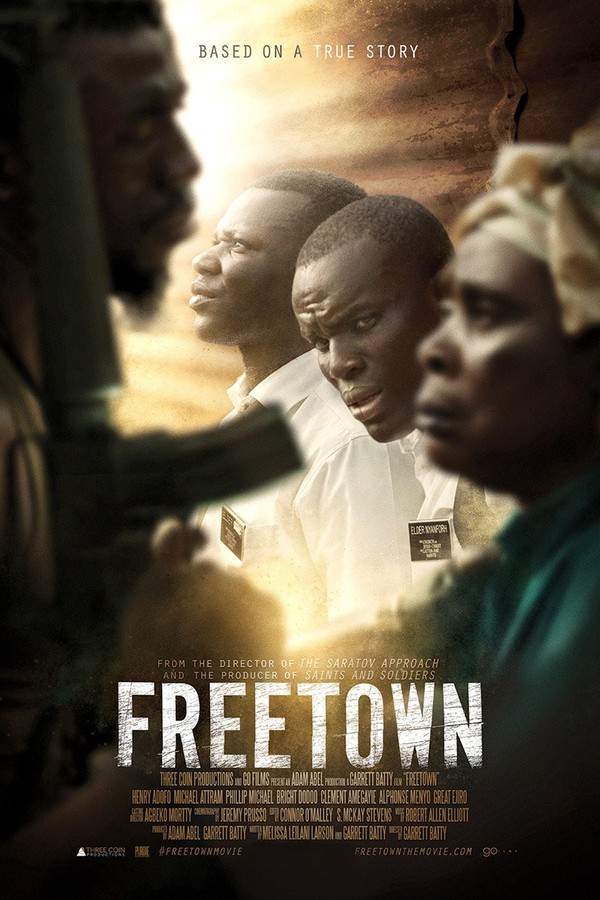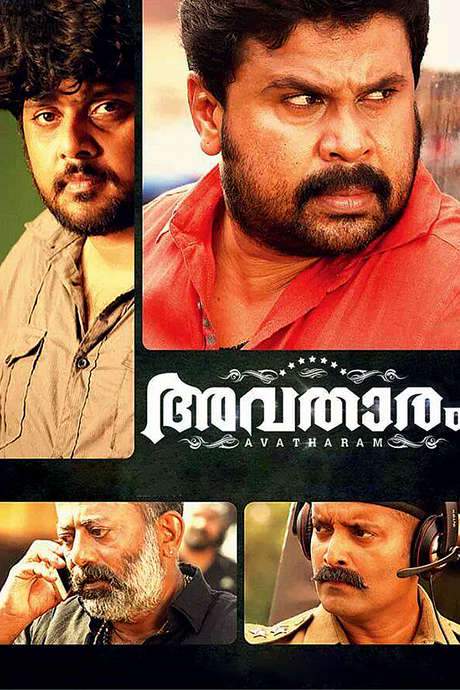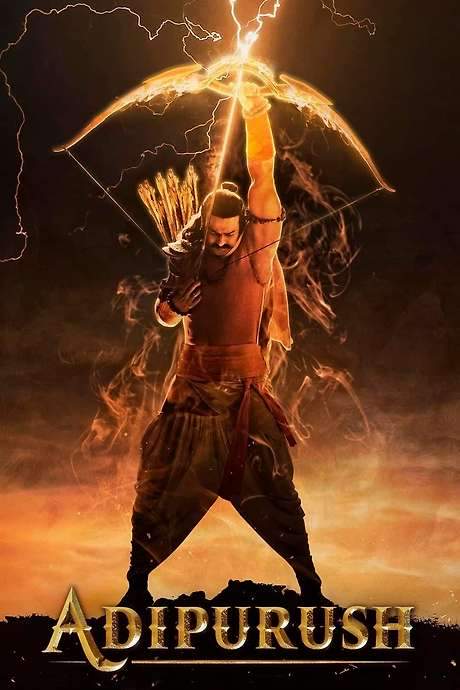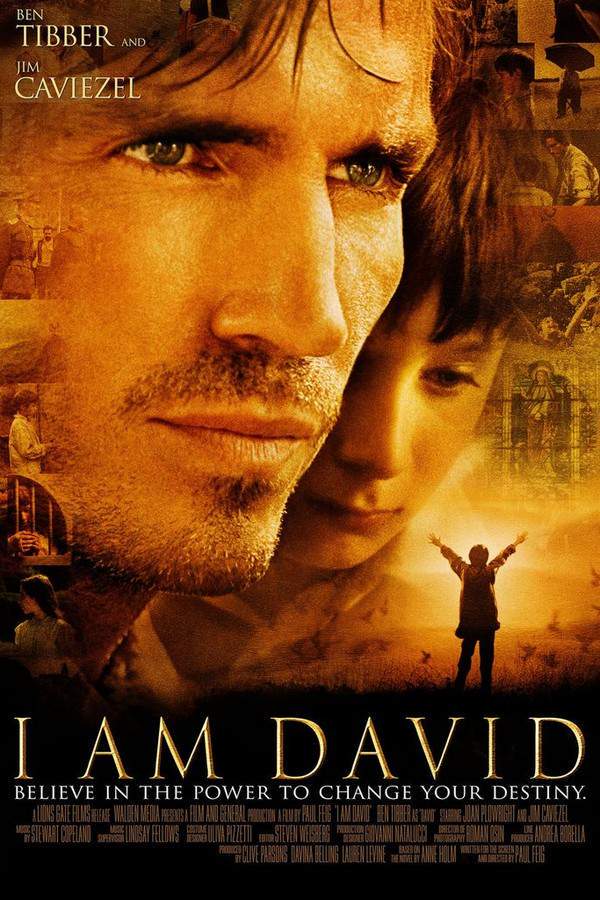
Malikappuram
8 year old Deva Nanda from Panchalimedu village is unhappy that her pilgrimage to Sabarimala is delayed and decides to go with her friend.
Warning: spoilers below!
Haven’t seen Malikappuram yet? This summary contains major spoilers. Bookmark the page, watch the movie, and come back for the full breakdown. If you're ready, scroll on and relive the story!
Malikappuram (2022) – Full Plot Summary & Ending Explained
Read the complete plot breakdown of Malikappuram (2022), including all key story events, major twists, and the ending explained in detail. Discover what really happened—and what it all means.
Kalyani, lovingly called Kallu, is a devout follower of the god Ayyappan and dreams of making the pilgrimage to the sacred Sabarimala temple. She holds a firm belief in a two‑year window to undertake the journey, a window she feels she must seize while she is still eight years old. Her grandmother keeps the flame alive by recounting the life of Lord Ayyappan, a story that fills Kallu with wonder and shapes her sense of purpose. The devotion she carries is tender yet intense, a beacon that guides her despite the growing troubles around her.
Her father, Ajayan, has mortgaged their home and racked up debts with a local usurer named Ambadi, leaving the family precariously balanced on the edge of financial ruin. A seizure notice from the bank arrives, and Ajayan tries to shield his loved ones from the looming crisis. He makes a promise to Kallu that they will travel to Sabarimala together and perform the initial rites for the pilgrimage, a hope that keeps them moving even as the weight of debt tightens around them.
The pressure explodes when Ambadi publicly humiliates Ajayan, a moment witnessed by Kallu that drives the family deeper into despair. Humiliation gives way to tragedy: Ajayan takes his own life under the strain, and the bank seizes their house. With the family displaced, Kallu’s grandmother moves in with Ajayan’s elder sister, while Kallu and her mother seek shelter with Ajayan’s friend and neighbor, Unni. The sense of security they once knew slips away, replaced by a stubborn longing for the life they hoped to return to.
Frustration boils over for Kallu as the chance to visit Sabarimala slips further away. She lashes out at her classmate, and at Piyush Unni, Unni’s son, who becomes caught in the crossfire of her emotions. Yet Piyush refuses to abandon her; he decides to accompany her on the journey, and the pair eventually boards a bus toward Pamba, where their hopes seem to kindle anew. Along the route they encounter Mahi, a local goon with a dangerous secret—he is a pedophile and a trafficker who targets children, using the pretense of guiding them to the temple as cover.
Mahi’s true intent becomes clear: he eyes Kallu and Piyush as potential victims. Piyush senses the danger and tries to persuade Kallu to turn back, but the pull of the pilgrimage—and the stubborn belief in their own destiny—keeps them moving forward. Back home, the adults—Unni and Kallu’s mother—alert the police about the missing children, adding a layer of urgency to the unfolding drama.
A stranger enters the picture: Ayyappan, a man who seems to be headed toward Sabarimala, befriends the children on the bus. Mahi introduces himself as the kids’ guardian uncle to Ayyappan, a deception that Ayyappan soon discerns as menacing. After hearing their story, Ayyappan vows to accompany them to Sabarimala, and he steps into the fray with a calm, deliberate resolve. He confronts Mahi and his henchmen, who are determined to stop him and seize the children.
Reaching Pamba, the trio learns that temple entry is restricted for the rest of the day due to crowds. Undeterred, Kallu insists on continuing through a forest route, a decision that tests their resolve and courage. Mahi’s accomplice, who has been tailing them, funnels information back to Mahi, triggering a second wave of threats as more henchmen close in. In the ensuing confrontation, Ayyappan holds his ground against the attackers, protecting the children as Kallu’s imagination takes flight. She sees him not merely as a protector but as the embodiment of the deity she has prayed to, flashing drawings she made from her dreams that resemble a man who looks like Ayyappan.
The next day, Ayyappan slips away into the crowd, and the children finally enter the shrine. As Kallu worries for his safety, he reappears, encouraging her to climb the sacred steps and fulfill her late father’s wish. After the climactic tension of the pilgrimage, the police return the children to Unni and they are taken home, their journey ending where ordinary life resumes.
In a twist that reframes the entire journey, it is revealed that Ayyappan is actually CPO D. Ayyappadas, a police officer stationed in Pamba. He had learned of the missing children and, upon seeing Kallu’s photo, chose to board the bus and listen to their stories. His plan was simple but powerful: help them realize their dream and offer them a safe path to the temple. Meanwhile, Mahi and his men are apprehended, bringing a sense of justice to a story filled with danger and longing.
This tale blends faith, desperation, and the resilience of young hearts as it follows two children who refuse to abandon their pilgrimage, even when adults around them are caught in the gravity of debt, fear, and crime. The result is a nuanced, emotionally grounded journey that honors the dream of Sabarimala while revealing the complexities of the world around it.
Last Updated: October 01, 2025 at 10:23
Explore Movie Threads
Discover curated groups of movies connected by mood, themes, and story style. Browse collections built around emotion, atmosphere, and narrative focus to easily find films that match what you feel like watching right now.
Perilous pilgrimages of faith like in Malikappuram
Stories where a spiritual quest becomes a physically and emotionally dangerous trial.For viewers who enjoyed the high-stakes spiritual quest in Malikappuram, this section highlights movies where a pilgrimage is intertwined with danger and profound emotional weight. If you liked Malikappuram's blend of devout faith and child endangerment, you'll find similar tense and hopeful journeys here.
Narrative Summary
Narratives in this thread follow a linear path: a character or group embarks on a religious or deeply meaningful journey, but the path is obstructed by human antagonists, harsh environments, or societal threats. The central conflict tests the characters' resolve, weaving physical survival with the strengthening of their spiritual or emotional core, often culminating in a hard-won, uplifting resolution.
Why These Movies?
These movies are grouped together because they share a specific blend of intense, tense atmospheres derived from combining a sacred goal with immediate peril. They feature steadfast protagonists, often children or vulnerable individuals, whose pure motivation contrasts sharply with the dangerous world they must traverse, creating a powerful and emotionally resonant experience.
Child-led journeys through tragedy like in Malikappuram
Emotional stories where a child's determination guides the narrative through adult-sized tragedies.If you were moved by the young protagonist's resilient response to family ruin in Malikappuram, this section collects similar emotional dramas. These movies feature children taking bold action in the face of adult grief and loss, creating stories that are heavy yet ultimately uplifting, much like Malikappuram.
Narrative Summary
The narrative pattern begins with a destabilizing family crisis—such as death, financial ruin, or displacement—that leaves a child feeling powerless. The child then initiates a quest, often naive or dangerous, as a way to process their grief or restore order. The journey forces them to mature quickly while the story balances the darkness of their circumstances with the light of their unwavering spirit.
Why These Movies?
These films share a core emotional dynamic: the immense emotional weight of adult tragedy seen through the resilient eyes of a child. The pacing is often steady, focusing on the child's determined progress, and the tone masterfully blends tension and tragedy with hope, making the eventual positive resolution feel earned and deeply satisfying.
Unlock the Full Story of Malikappuram
Don't stop at just watching — explore Malikappuram in full detail. From the complete plot summary and scene-by-scene timeline to character breakdowns, thematic analysis, and a deep dive into the ending — every page helps you truly understand what Malikappuram is all about. Plus, discover what's next after the movie.
Malikappuram Timeline
Track the full timeline of Malikappuram with every major event arranged chronologically. Perfect for decoding non-linear storytelling, flashbacks, or parallel narratives with a clear scene-by-scene breakdown.

Characters, Settings & Themes in Malikappuram
Discover the characters, locations, and core themes that shape Malikappuram. Get insights into symbolic elements, setting significance, and deeper narrative meaning — ideal for thematic analysis and movie breakdowns.

Malikappuram Spoiler-Free Summary
Get a quick, spoiler-free overview of Malikappuram that covers the main plot points and key details without revealing any major twists or spoilers. Perfect for those who want to know what to expect before diving in.

More About Malikappuram
Visit What's After the Movie to explore more about Malikappuram: box office results, cast and crew info, production details, post-credit scenes, and external links — all in one place for movie fans and researchers.





























